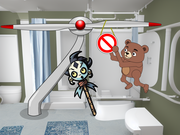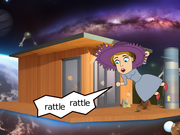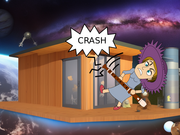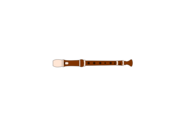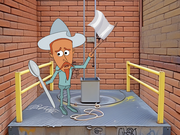to reach; to arrive / to leave for; to go to / to (a place); until (a time); up to (a point) / (verb complement indicating arriving at a place or reaching a point) / considerate; thoughtful; thorough
one / single / a (article) / as soon as / entire; whole; all; throughout / "one" radical in Chinese characters (Kangxi radical 1) / also pr. [yao1] for greater clarity when spelling out numbers digit by digit
item / component / classifier for events, things, clothes etc
100 ml / one-tenth of a peck / measure for dry grain equal to one-tenth of sheng 升 or liter, or one-hundredth dou 斗
to close / to join / to fit / to be equal to / whole / together / round (in battle) / conjunction (astronomy) / 1st note of pentatonic scale / old variant of 盒[he2]
to use / to employ / to have to / to eat or drink / expense or outlay / usefulness / hence / therefore
of; ~'s (possessive particle) / (used after an attribute) / (used to form a nominal expression) / (used at the end of a declarative sentence for emphasis) / also pr. [di4] or [di5] in poetry and songs
particle indicating that a previously asked question is to be applied to the preceding word ("What about ...?", "And ...?") / particle for inquiring about location ("Where is ...?") / particle signaling a pause, to emphasize the preceding words and allow the listener time to take them on board ("ok?", "are you with me?") / (at the end of a declarative sentence) particle indicating continuation of a state or action / particle indicating strong affirmation

